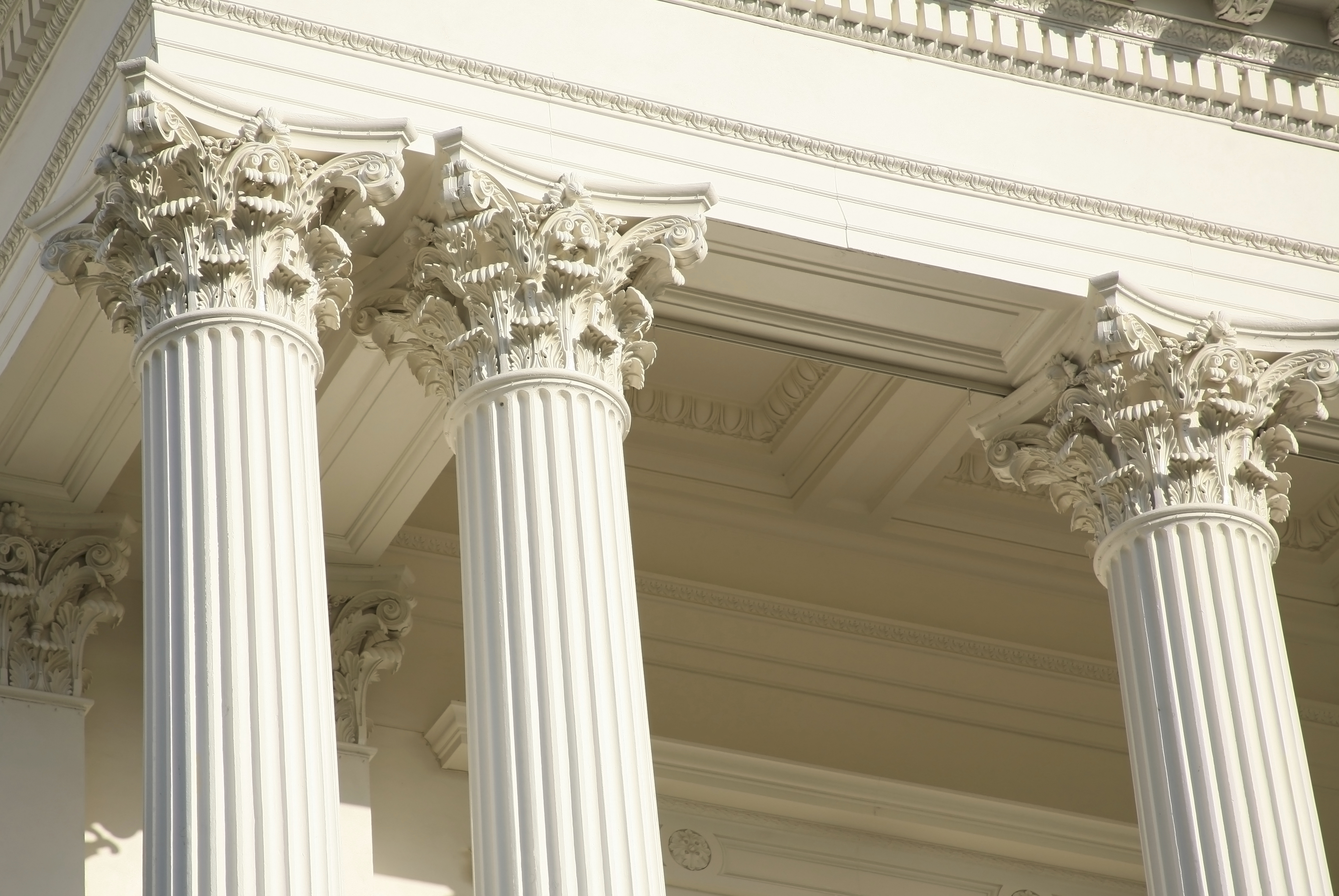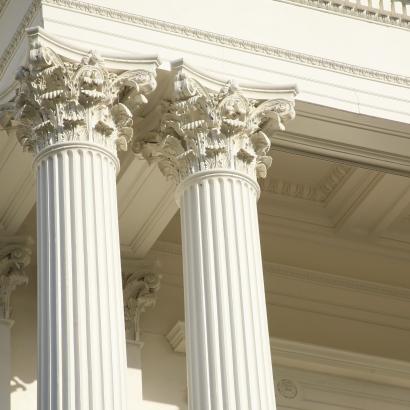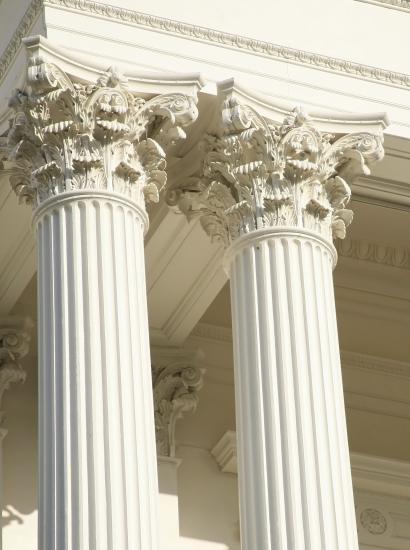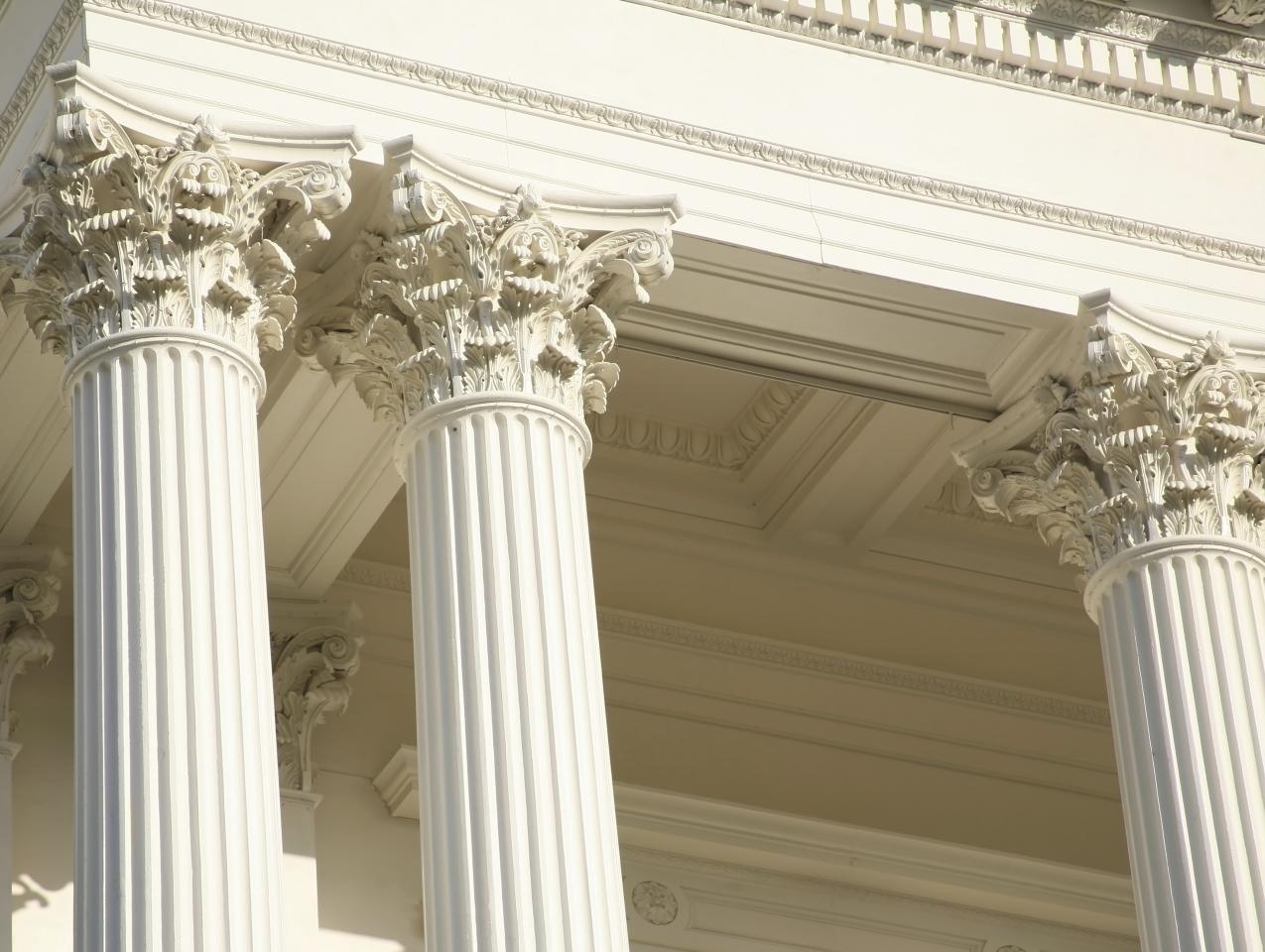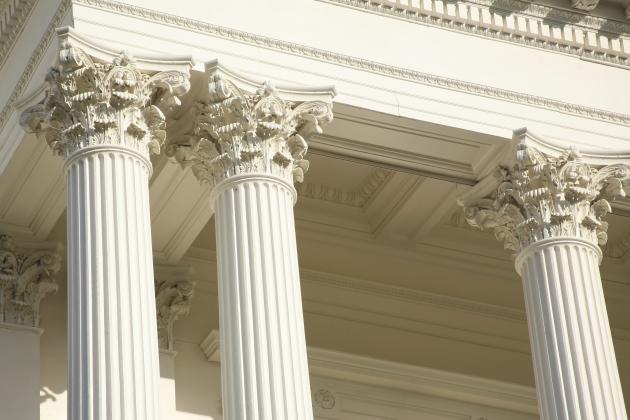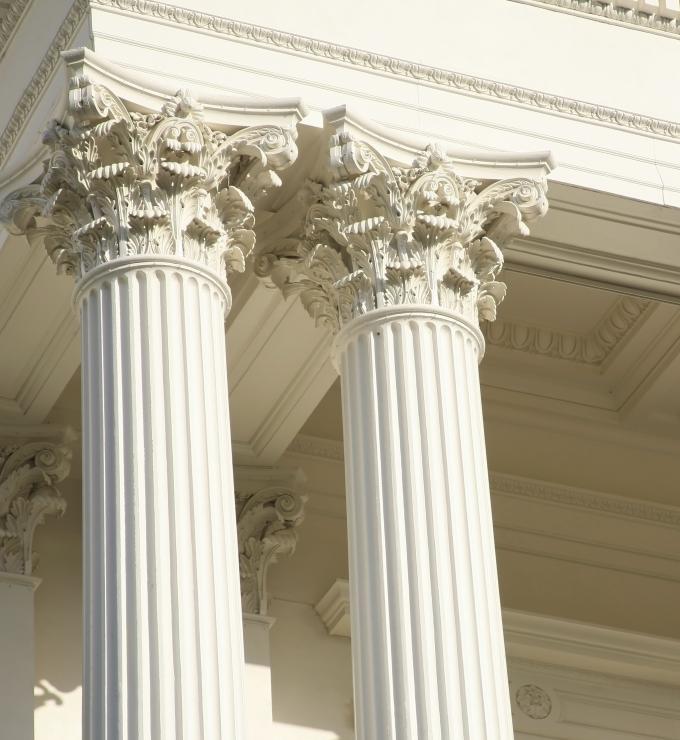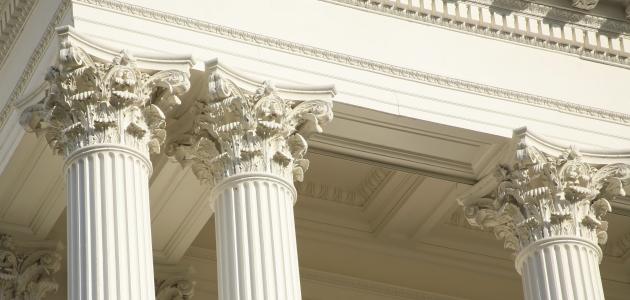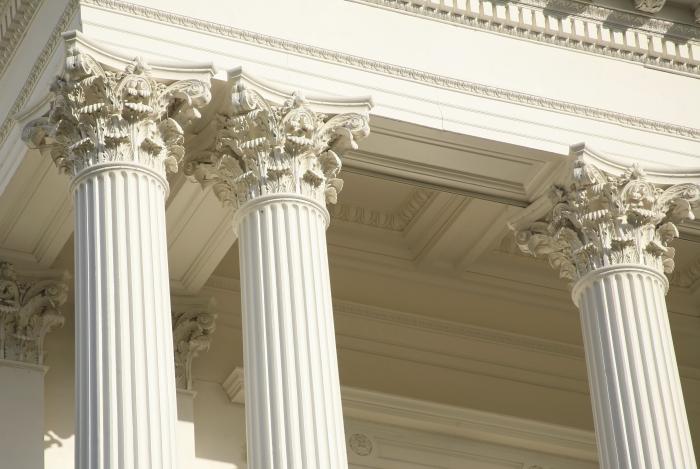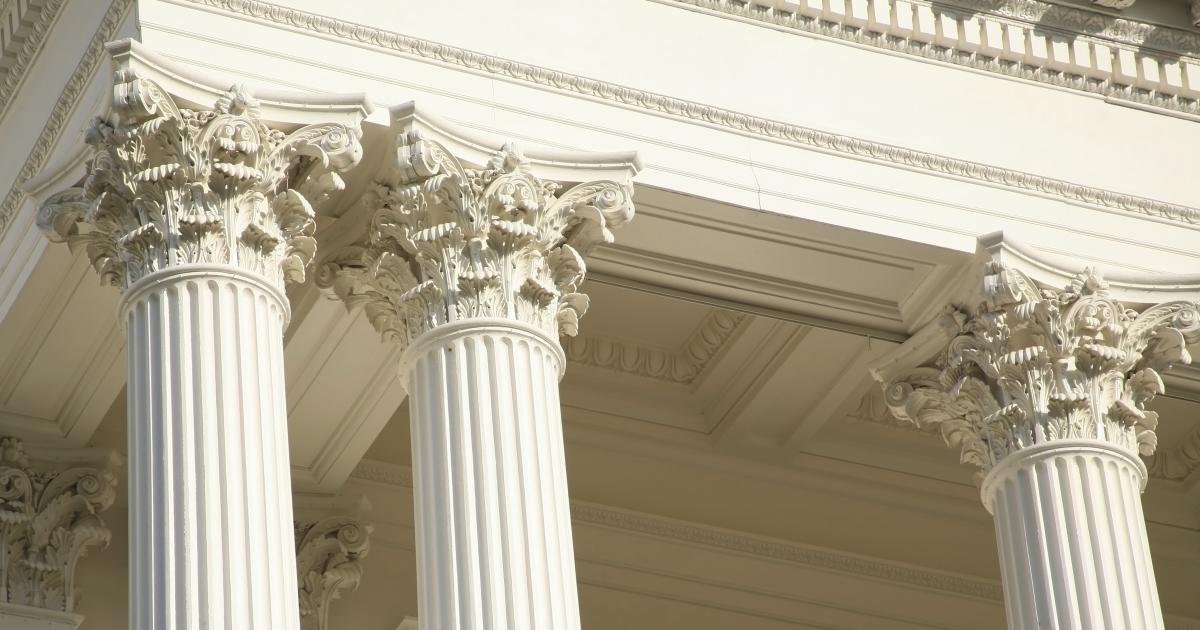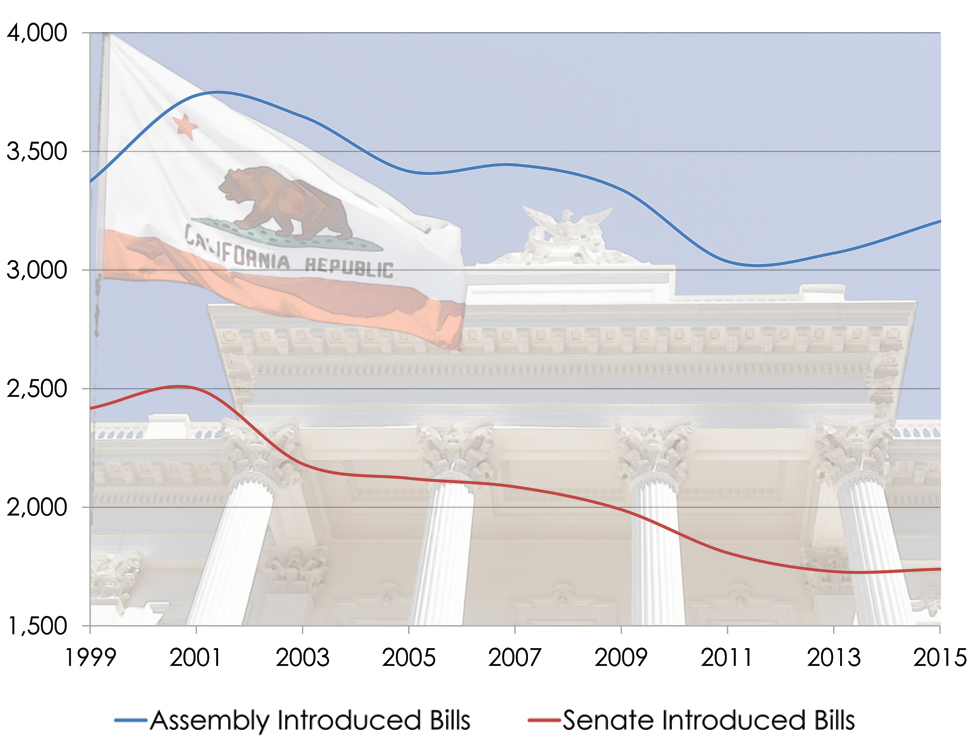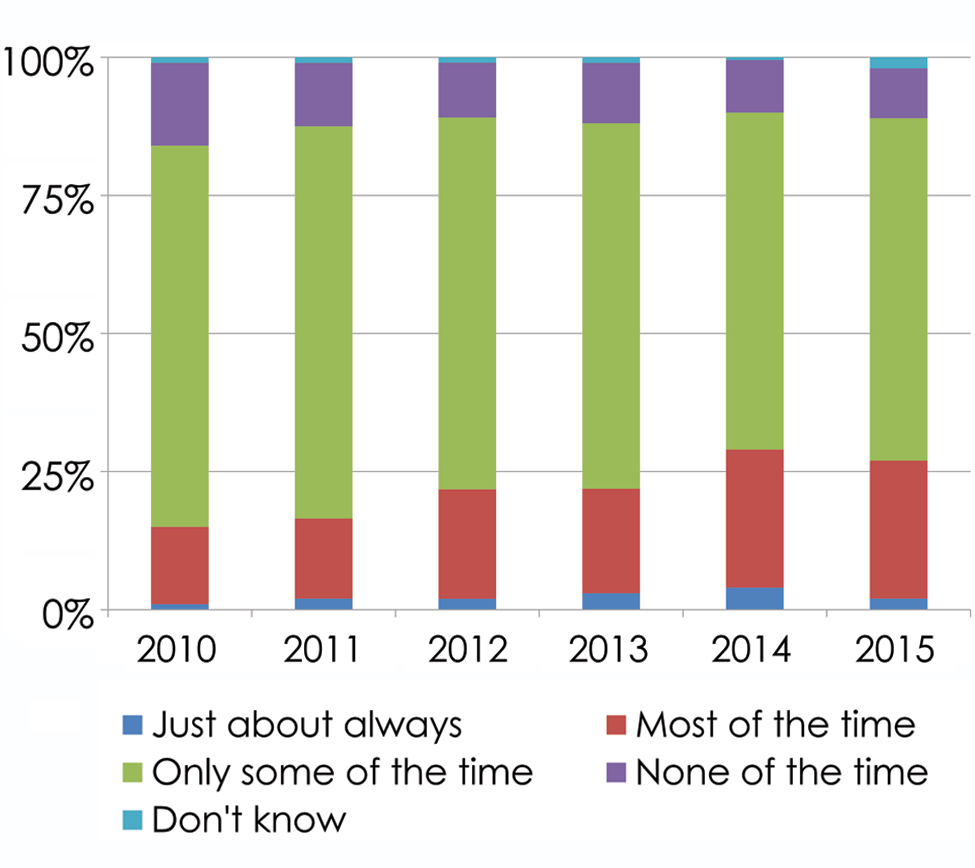- Education
- Energy & Environment
- Science & Technology
- Politics, Institutions, and Public Opinion
- State & Local
- California
Few people are aware that the motto of the California State University system is Vox Veritas Vita: “Speak truth as a way of life.” It is an imperative, calling upon all students, professors, and indeed all of us, to seek out truth, and to proclaim it loudly. It is a call to action, and not merely contemplation.
This motto and its imperative rest at the heart of what we do at the Cal Poly Institute for Advanced Technology and Public Policy, where I serve as Founding Director. Working collaboratively with experts in academia, the private sector, and with some of the finest college students to be found anywhere, the Institute seeks to identify key public policy issues and problems, and then create technology-based solutions to those problems that reduce costs, improve productivity, and most importantly, empower ordinary individuals to better help themselves and engage with and influence their government.
Nowhere is this more evident than in our efforts to seek to bring the promise of the “data revolution” to our institutions of government. Regardless of one’s political philosophy or party affiliation, the prospect of making our institutions of government more accessible, open, and transparent to all persons holds out tremendous hope – not merely for increased civic participation and engagement, but also for profound reform and cost savings.
In governments across our state and nation, tremendous strides are being made to access, aggregate, and analyze the myriad data sets created by government, and to use this information to improve all manner of government services. While profound technical, political, and other challenges and roadblocks exist, the prospects for harnessing “big data” to address major issues of public policy are truly encouraging.
At the Cal Poly Institute, we have joined this effort in earnest with the creation and deployment of “Digital Democracy.” This remarkable, one-of-a-kind technology platform transcribes every word spoken in every televised hearing of the California State Legislature, and transforms that transcript into a universally searchable, three-dimensional, information-rich environment. Digital Democracy not only identifies every speaker and every interest group affiliation, but also provides information on every campaign contribution, every version of the bill at issue, and even allows the viewer to “cut-paste-and-send” portions of the written transcript and the actual video to anyone they choose. All available 24/7, and at no cost to the public.
The remarkable advances of technology that allow for the creation of tools like Digital Democracy – and which have been responsible for the profound gains in economic productivity and transformative changes in so many aspects of our daily lives – must be harnessed to restore, reform, and revitalize our institutions of government. For our part, we at the Cal Poly Institute are seeking to deploy Digital Democracy to all 50 states, with the goal of being active in New York, Florida, and Texas by year’s end. There remains much to do, and while the deployment of transformative technologies can play a profound role, it is by no means sufficient on its own.
That is one reason why, as a private citizen, and in a completely separate capacity from my role as Founding Director of the Cal Poly Institute, I am honored and pleased to partner with leading philanthropist and reformer Charles Munger, Jr. in attempting to qualify a major reform effort for this year’s ballot, and to seek voter approval of the Legislature Transparency Act this November.
The Legislature Transparency Act is an initiative constitutional amendment that not only recognizes that the people are sovereign, but seeks to give true meaning to that constitutional imperative. The Act requires that every hearing in the California Legislature – all committee hearings, budget hearings, and all Floor sessions – be audio/video recorded in their entirety, and the videos be made available to the public free of charge within 24 hours of the conclusion of the proceedings. The Act allows individuals who come to Sacramento to testify or witness their Legislature in action to use their own devices to record their government in action. And the Act requires all bills to be in print and available online to the public and the elected Members of the Legislature for a full 72 hours before a vote is taken, unless the Governor expressly requests the immediate passage of a bill due to a declared emergency, and both houses of the Legislature also votes to accelerate action on that particular bill.
As a former member of the California State Senate and Assembly, I speak from firsthand experience when I say that nowhere is the need for increased transparency and public input greater than in our own State Legislature. Technology solutions like Digital Democracy, and vital changes in law like those included in the Legislature Transparency Act, are essential to opening up the institutions of government to “we the people.” Yet even the most fundamental reforms are meaningless if the public is unwilling to act.
At a time when public distrust in our institutions of government is high, and cynicism too often replaces idealism, we must actively pursue efforts to restore the public’s faith in and understanding of our institutions of government. We must provide the hardworking men and women of our state and nation the ability to engage in both a timely and meaningful manner in the affairs of their government; to let them know that their voice is being heard, and can make a difference on the issues they care about most, and that most affect their lives.
As never before, the use of technology can offer unprecedented opportunities for just this kind of civic engagement, renewal, and reform. Technology, however, is only a tool; what we choose to do with these tools will define not only our future, but ourselves as well.

GUT-AND-AMEND
The 72 hour rule requires legislation to be made publicly available for at least 72 hours prior to a vote. This rule aims to eliminate gut-and-amend legislation. Normally, legislation is introduced and then reviewed and voted on by multiple legislative committees and the entire legislature. Sometimes, though, bills that have made it through the legislative process are completely gutted of their original content and amended to something completely different. These gut-and-amend bills then receive very little to no review before being presented for a full floor vote.







